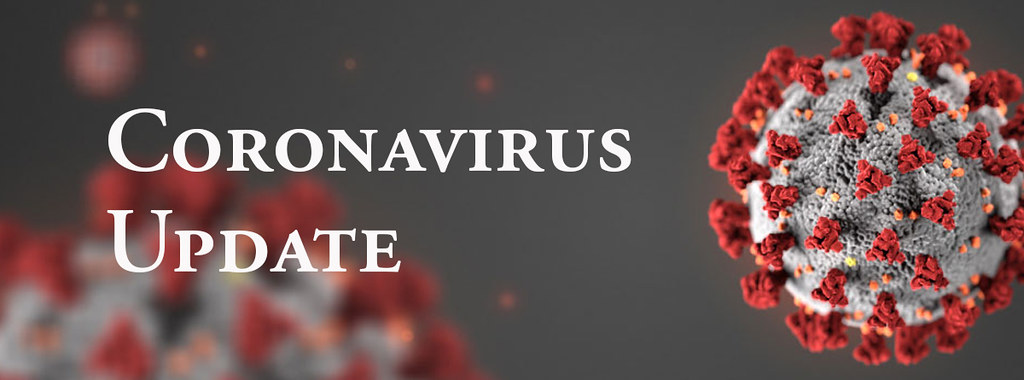“Do we still have to?” The question asked across the world
by: Riane N. Sharp

As much of the world has gone into quarantine, many businesses have been forced to close to the public, temporarily change the way they do business, or cease operations all together. Companies have started asking whether COVID-19 may excuse them from performance under the force majeure clause in their contract. So, what is force majeure and why are businesses talking about it now?
“Force majeure” (French for “superior force”) is a contractual provision that allows for non-performance due to certain events that were unexpected and that occurred without human interference. These events are sometimes referred to as acts of God. There is variation in what constitutes force majeure based on the language included in each contract. Some contracts have clearly defined the nature, scope, and effect of force majeure while other contracts are vague, requiring an arbiter of fact to interpret the intent. In situations where force majeure is not clearly detailed, it cannot be unilaterally declared. Invoking force majeure often requires providing notice to the non-invoking party in addition to complying with other related provisions.
What is an act of God? An act of God in each contract depends on the specific force majeure provision at issue, but there are some commonly agreed-upon elements. In some contracts, an act of God may be clearly defined, in others, the provision is subject to competing interpretations. One key element is the unanticipated nature of the event such that the parties are not prepared or able perform their contractual obligations in the wake of the event. The event makes performance impossible or at the very least, impractical.
COVID-19, by most accounts, was not an anticipated occurrence and the resulting state, county, and city shelter-in-place emergency orders and closure of all but essential businesses certainly can make performance under a contract impossible. Those seeking to avoid application of the force majeure provision will argue that the spread of diseases such as H1N1, Ebola, Swine flu, Avian flu, and SARS in past years made COVID-19 predictable.
The other commonly agreed-upon elements of an act of God include lack of human intervention as well as the natural occurrence of the act. A force majeure event cannot be designed by humans or the result of human negligence. It must be devoid of human influence. Relatedly, an act of God cannot be manufactured. It must be naturally occurring. The novel Coronavirus does not have any known human origin, rather it is thought to be a new strain of an already existing virus. Even those who would like to see contracts performed will likely agree that COVID-19 is a result of nature.
It is important to note that all force majeure clauses are not the same. Force majeure provisions often list several events that would excuse performance in addition to an act of God. The enumerated conditions that would elicit non-performance are often set out in the “boilerplate” provisions of the contract and receive little attention when a contract is signed. Generally, the triggering event must be listed in the force majeure provision for performance to be excused. So, if “epidemic,” “disease,” “pandemic,” “quarantine,’” or something similar is a listed event in the contracts force majeure provision, a company may have grounds to use the force majeure provision to justify non-performance. If these or similar terms are not listed, the argument is harder to make, but, as this is an unsettled area of the law and one which will undoubtedly be the subject of extensive litigation following the COVID-19 pandemic, the provision may still provide relief for non-performance.
O.C.G.A. § 13-4-21
In addition to the terms of the contract, Georgia has an impossibility of performance statute, which states “[i]f performance of the terms of a contract becomes impossible as a result of an act of God, such impossibility shall excuse nonperformance, except where, by proper prudence, such impossibility might have been avoided by the promisor.” O.C.G.A. § 13-4-21. The statute defines an act of God as “an accident produced by physical causes which are irresistible or inevitable, such as lightning, storms, perils of the sea, earthquakes, inundations, sudden death, or illness. This expression excludes all idea of human agency” (O.C.G.A. § 1-3-3). As with a contractual force majeure provision, the same three factors (inability to predict the current situation, a naturally occurring event, and lack of human intervention) apply to an act of God under the Georgia statute.
Whether a company will be able to use COVID-19 as a defense to non-performance of a contract will turn on the language of the contract and the specific facts impacting the parties to the contract. The first step is to understand the provisions of your contract and comply with written notice requirements. Parties to the contract should be proactive and take action as soon as it is determined that performance under the contract will be impacted.

